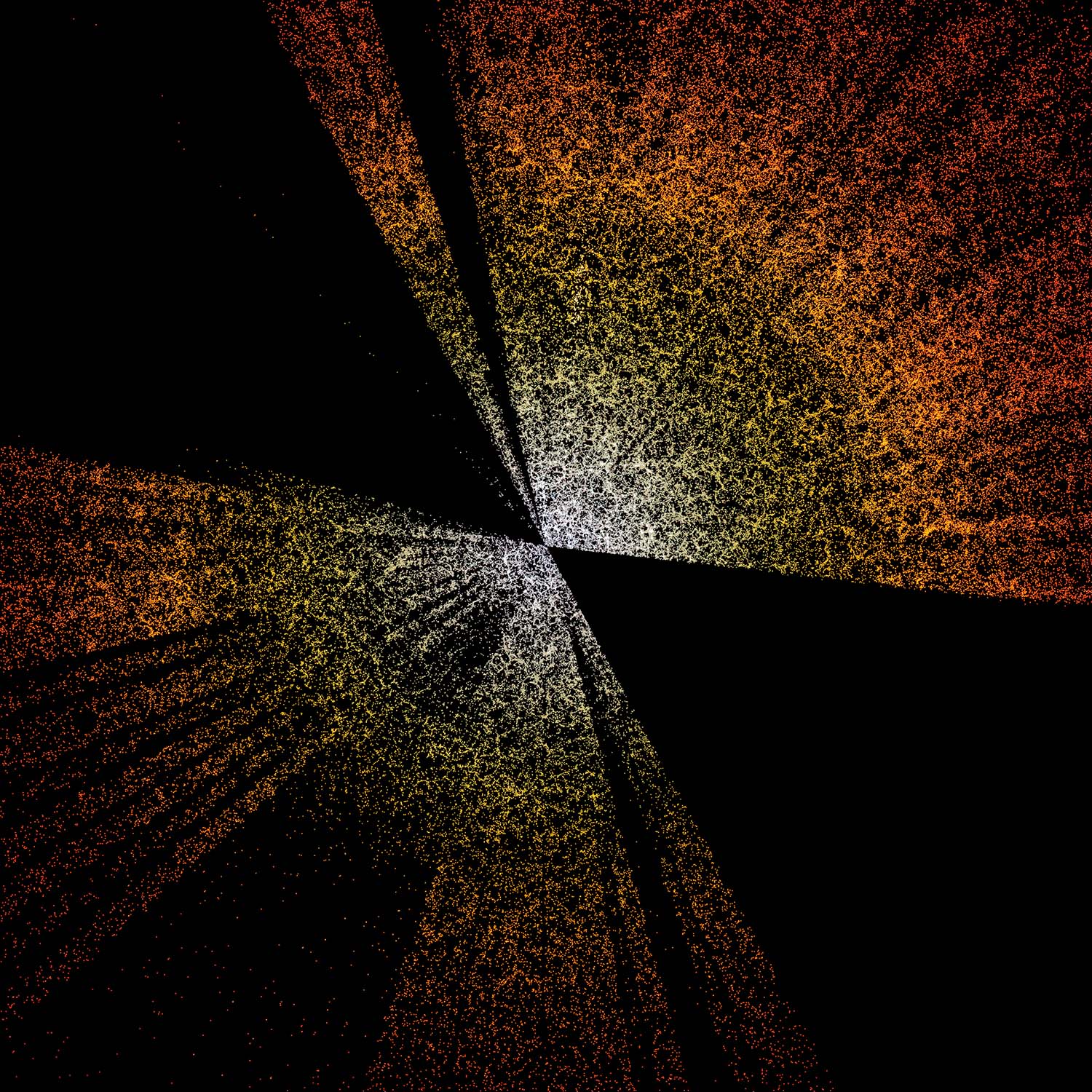NOIRLab: DESI at Kitt Peak Has Mapped More Galaxies Than All Previous 3D Surveys Combined

The Dark Energy Spectroscopic Instrument (DESI) has cataloged more galaxies than all other previous three-dimensional redshift surveys combined, measuring 7.5 million galaxies in only seven months since beginning science operations. The US Department of Energy’s Lawrence Berkeley National Laboratory leads DESI, which is installed at Kitt Peak National Observatory, a program of NSF’s NOIRLab, on the Nicholas U. Mayall 4-meter Telescope.
The Dark Energy Spectroscopic Instrument (DESI), has capped off the first seven months of its survey by smashing through all previous records for three-dimensional galaxy surveys, creating the largest and most detailed map of the Universe ever. The DESI survey has already cataloged over 7.5 million galaxies and is adding more at a rate of over a million a month. In November 2021 alone, DESI cataloged redshifts from 2.5 million galaxies. By the end of its run in 2026, DESI is expected to have over 35 million galaxies in its catalog, enabling an enormous, and so far unsurpassed, variety of cosmology and astrophysics research.
The primary task of the survey is to collect spectra of millions of galaxies across more than a third of the entire sky. By breaking down the light from each galaxy into its spectrum of colors, DESI can determine how much the light has been redshifted — stretched out toward the red end of the spectrum by the expansion of the Universe during the billions of years it traveled before reaching Earth. It is those redshifts that let DESI see the depth of the sky. The more redshifted a galaxy’s spectrum is, in general, the farther away it is. With a 3D map of the cosmos in hand, physicists can chart clusters and superclusters of galaxies. Those structures carry echoes of their initial formation, when they were just ripples in the infant cosmos. By teasing out those echoes, physicists can use DESI’s data to determine the expansion history of the Universe.
DESI is an international science collaboration managed by the US Department of Energy’s (DOE) Lawrence Berkeley National Laboratory with primary funding for construction and operations from DOE’s Office of Science. DESI is installed at the Nicholas U. Mayall 4-meter Telescope at Kitt Peak National Observatory (KPNO) near Tucson, Arizona. KPNO is a program of NSF‘s NOIRLab, and DOE contracts with NOIRLab to operate the Mayall Telescope for the DESI survey.
